|
1. The King "This conversation we are about to have... has been had many times before, and will be had many times again for centuries to come, between men of vanity and men of good reason." Synopsis: Prince Hal, now crowned Henry V, struggles to navigate palace politics and his own inclinations toward power. Trailer. dir. David Michôd. 140m; 2.39:1. Brooding is the operative word here. It’s one of my favorite keys for a film to play in; see Villeneuve’s Blade Runner 2049 (trailer), whose mythic vastness all but requires its luxuriously slow pace. Ridley Scott’s exquisite Kingdom of Heaven: Director’s Cut also comes to mind. David Michôd's latest is similar, but specific in its own way. It keeps a modest physical scale while encompassing the largeness of the human soul, a la fellow Aussie Justin Kurzel’s 2015 Macbeth, the best Shakespeare adaptation on record (my thoughts and trailer). Here, Michôd reconsitutes Shakespeare’s Henry IV and Henry V plays for his own purposes, ambandoning iambic pentameter and resorting to historical references instead, changing most especially the Falstaff character in ways that add resonance. There is room for more than one style of adapting these stories. Michôd and cowriter Joel Edgerton (who also plays Falstaff) have stated that they were either going to preserve all of Shapespeare’s dialogue, or discard it entirely. Michod “realized that the movie version of what we might want to do would have to be different, because the plays are written, they’re extraordinary things to read, but they’re written to be performed, to be presented on an Elizabethan stage. Unless you treat that in a very particular, formal way, I don’t think it makes for the kind of cinema that I would want to make. …The play, ‘Henry V,’ especially, was written in a very different time. [It] has been presented in the past, very frequently, as a heroic story of great English triumph. It felt really inappropriate for us to make that version of it today. And so instead, we became very interested in the idea of generating a different story, a different interpretation of ‘Henry V’ that would be more about how a young idealistic man might find himself consumed by the institutions.” Here we plunge into a past in which attention has been paid to veracity, where the rooms are dark and small and words are often whispers. The modus of thinking is not cluttered by the speed of modern life. The score accomplishes multitudes in contributing to the atmosphere; low bass tones shift the ambience to something interior, history as the unstoppable turning machinations of the human psyche. Adam Arkapaw’s camera (who also shot Macbeth, oddly enough) glides over the ground, relishing shadow and natural light, a mix of Caravaggio and Vermeer; when paired with a stately compositional sense and that sensational ambient score, the effect is hypnotic. Chalamet carries the film handily, in a performance I found impossible to look away from. It’s an unexpected choice, and an inspired one: “I really loved the idea of taking that kid from Call Me by Your Name and plunking him in the beginning of this movie,” Michod says. Chalamet’s slight, effeminate appearance reveal just how potently personality can be carried in actions only. He is small, but he terrifies us with his confidence, his calculated perception. No need for a brute body or raised voice when you’ve got that smouldering glare. The dialogue has a real ear for specificity of speech rhythm; the tone is controlled, a collection of people who think before they speak, operating and expecting a level of deductive engagement that is unique. “Earthy and real and human and ... otherworldly” is how Michôd describes the tonal approach, and care is taken to avoid glamour, especially in the action: “Who knows what 600 years ago felt like? That extended to the battle. So when Hal has his one-on-one fight with Hotspur, I wanted that not to be about super fancy sword play, I wanted it to be about two kids wearing trash cans, smashing the shit out of each other, heaving for breath and rolling around on the ground.” This adherence to unglamorous realism grounds the proceedings, situates them closer to our experience– a world in which people make do with what they know, who have vulnerabilities and limits to their character, but who nevertheless continue striving, reaching for the light. Just when you think you've had it with effective portraits of corrosive tyranny, along comes another that proves its worth. Mr. Michôd's portrait understands that violence is ugly, not glorious, has a more contemplative ear than normal, recognizes the dangers of an all-male power base, and holds out a shred of hope for humans working together. 2. Loro (Them) "I am a man. I am the angel of the night. I know the script of life." Synopsis: Life as lived by Silvio Berlusconi and the people who wish to gain entrance to his inner circle. UK Teaser. US Trailer. dir. Paolo Sorrentino. 158m (int'l cut)/204m (Itali. cut). 2.39:1. Writing and researching this strange beast got too huge for this page. Click here for more. 3. Joker "The worst part of having a mental illness is people expect you to behave as if you don't." Synopsis: A mentally unstable man, bereft of treatment or friendship, turns to murder. Trailer. dir. Todd Phillips. 122m; 1.85:1. Scorsese chose not to direct Joker for the same reason I both struggle with this film and find it brilliant: Arthur gradually ceases to be a character, and evolves into an abstraction. The film is designed to systematically wean you from the ability to relate with Joker. That’s why there haven’t been any violent acts, as some less informed media outlets suspected; it’s also why people won’t dress up as this Joker. You start the film liking him, understanding him... even relating to his first act of violence. It’s designed to be relatable. He’s sticking up for that woman on the subway, and also himself, retaliating against bullies– well, over-retaliating. His action is obviously inappropriate, but it’s comprehendible. All of the remaining acts of violence are not, and they increase in their degree of apathy. At some point you, a reasonable human, will check out. And that’s the idea. We start on Joker’s side, viewing the Bob DeNiro character as crass and cruel; we end on DeNiro’s character’s side, recognizing that what he says in the televised interview makes more sense than what Joker says, though they both have nuggets of truth on offer. We walk out somewhat dazed, chagrined, reconsidering what we were expecting. We've been alienated from the ability to sympathize with violent acts, something most films expect us to go along with, but which Phillips and co. here portray, accurately, as troubling, complicated, and wrong. We understand how Arthur got there, but we couldn’t stay with him once he did. It’s quite daring and incredibly bold. This careful construction leaves us with a downer feeling, not excited by violence but disheartened by it. Ingenious, you'll agree. If only there were more depressing violent films, like this or The King, than inflammatory celebrations like John Wick 3. For this, and for its truly stunning craft work (those blues! Those oranges! That production design, the attention to film grain, period details, and more) and a blistering central performance deserving of every accolade thrown its direction, brilliant is an appropriate turn of phrase, even if no catharsis exists other than our act of walking away after the end credits. I'm not even sure if I recommend the film. But I was handily impressed by it. A note: despite your worst assumptions, the filmmakers did not intend the music cue and cut upon Joker’s leaving Sophie’s apartment to imply that he killed her. He has no reason to, as explained by DP Lawrence Sher in this interview on camerawork. 4. The Laundromat "Bad? Bad is such a big word... for being such a small word." Synopsis: A widow investigates an insurance fraud, chasing leads to a pair of Panama City law partners exploiting the world's financial system. dir. Steven Soderbergh. 95m; 1.85:1. I might stop short of saying this is great, but I’m including it because experimentation should be welcomed, and what Steven has to say here is of real import. What will it take for us to agree, as a society, to abandon the social contract of money? Such a crossroads could only be reached if there were a compelling functional alternative, and as the beginning of this film illustrates, for societies as large as the ones in existence today, we just don’t have one. Soderbergh stretches the bounds of narratival cinema here and offers a series of delights, not least of which is a hilarious, densely researched, crackerjack Scott Z. Burns script, and a laugh-out-loud Gary Oldman performance. I was losing it just watching him look at a computer screen. Lots to chew on here, presented in unexpected fashion. Nathan's Films of 2019 Index here.
0 Comments
Leave a Reply. |
Nathan
Archives
July 2024
Categories |
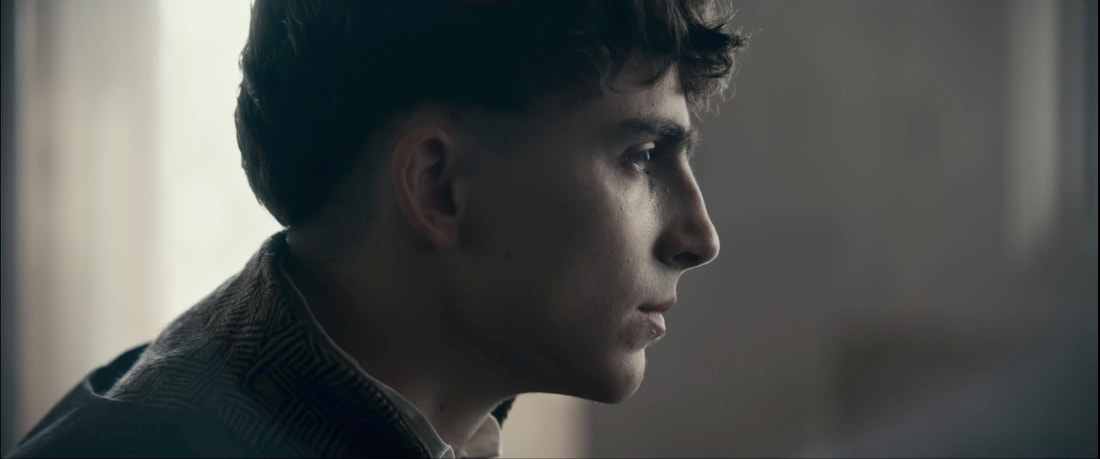
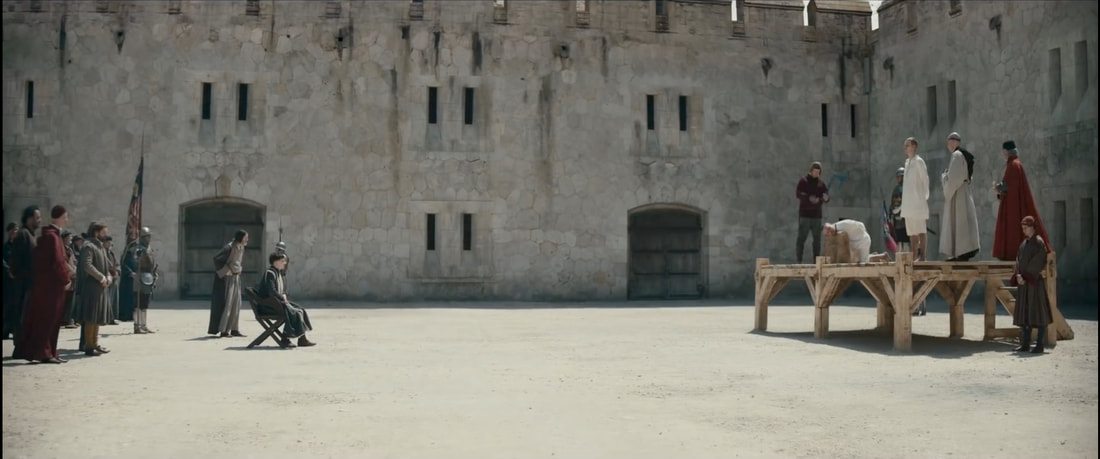
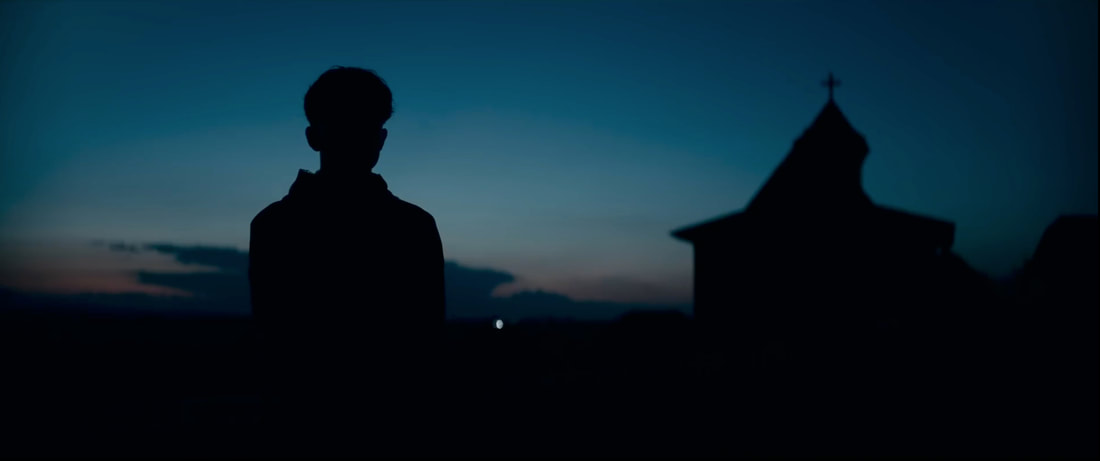
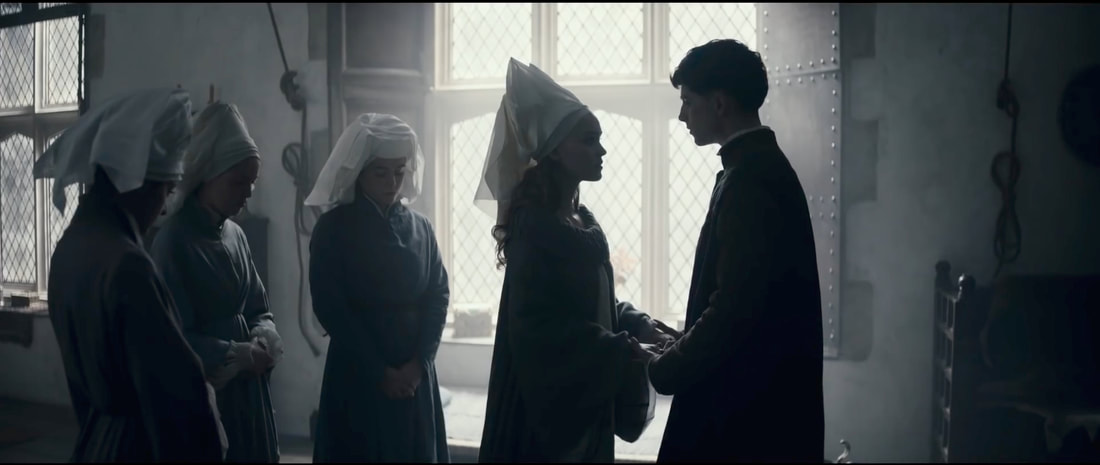

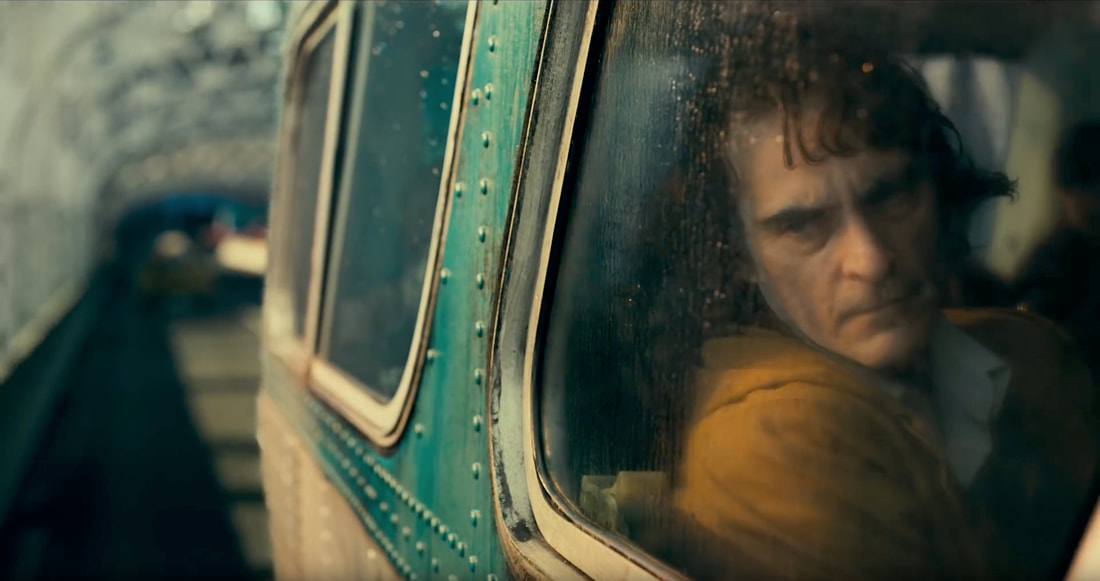
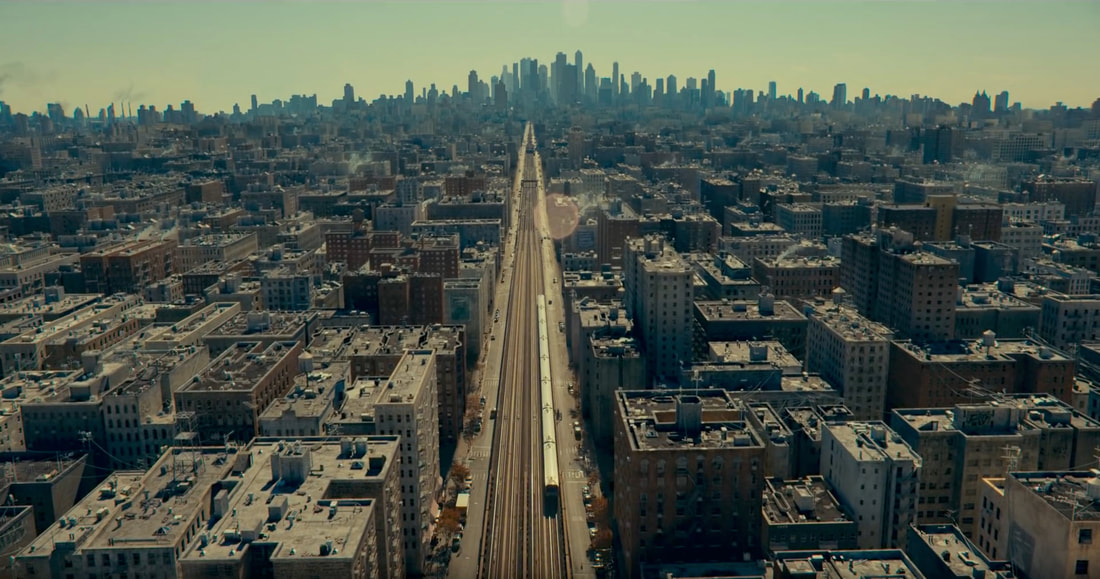
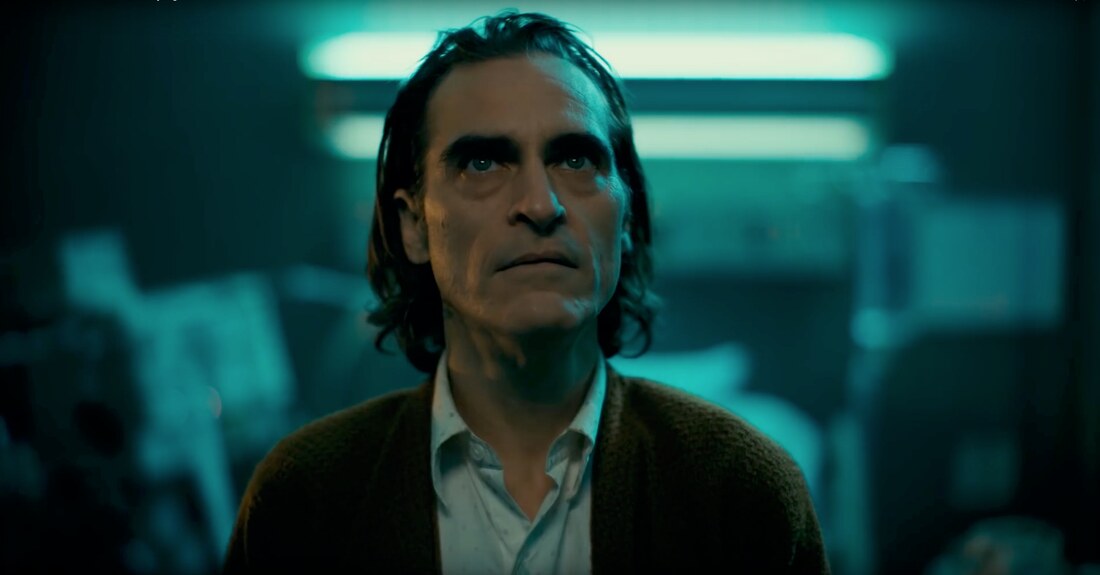
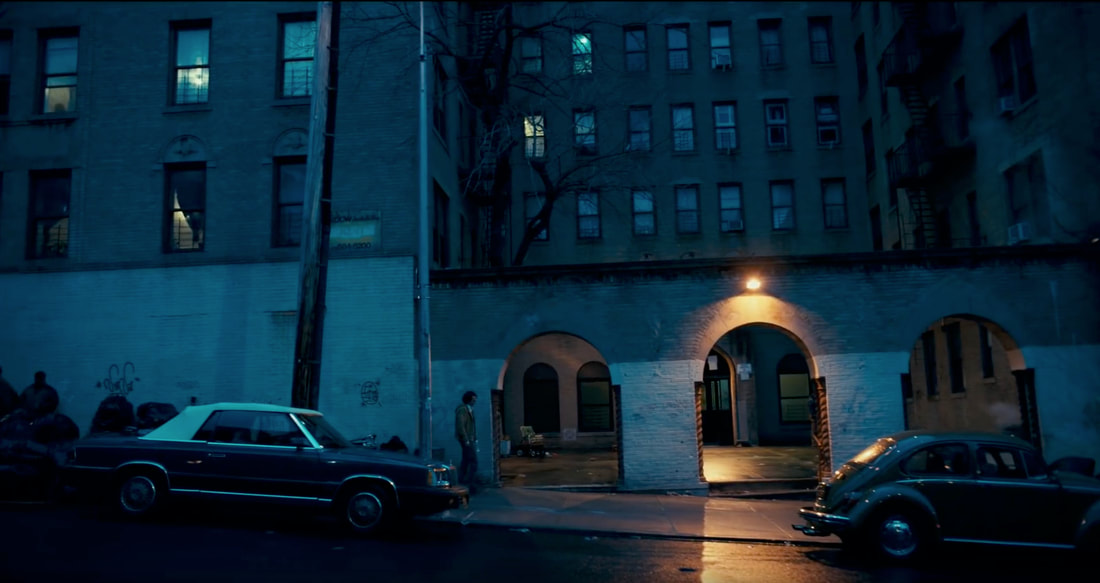
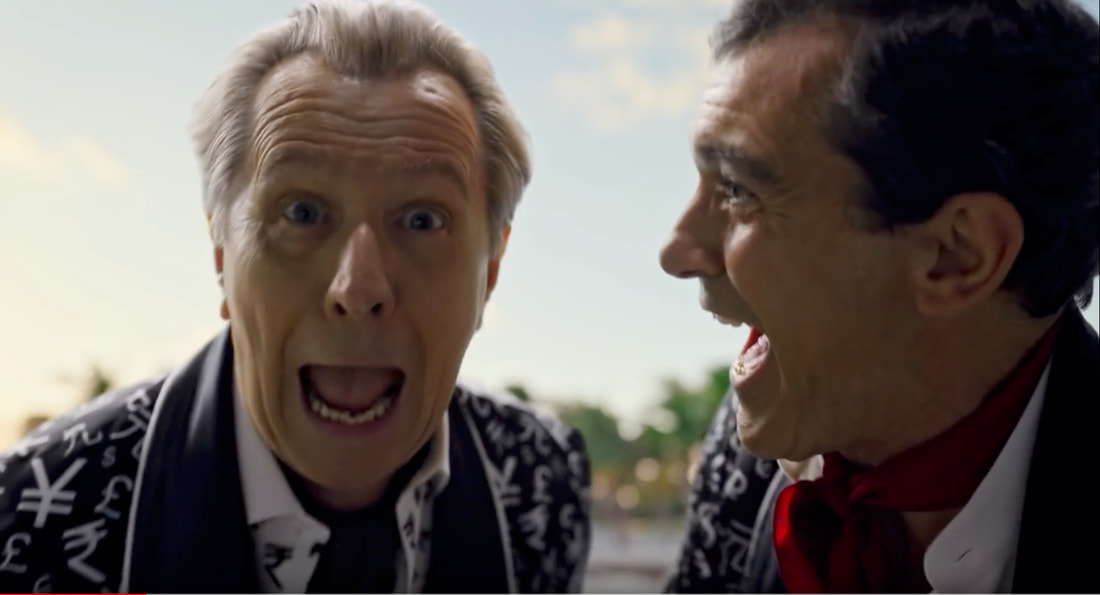

 RSS Feed
RSS Feed
